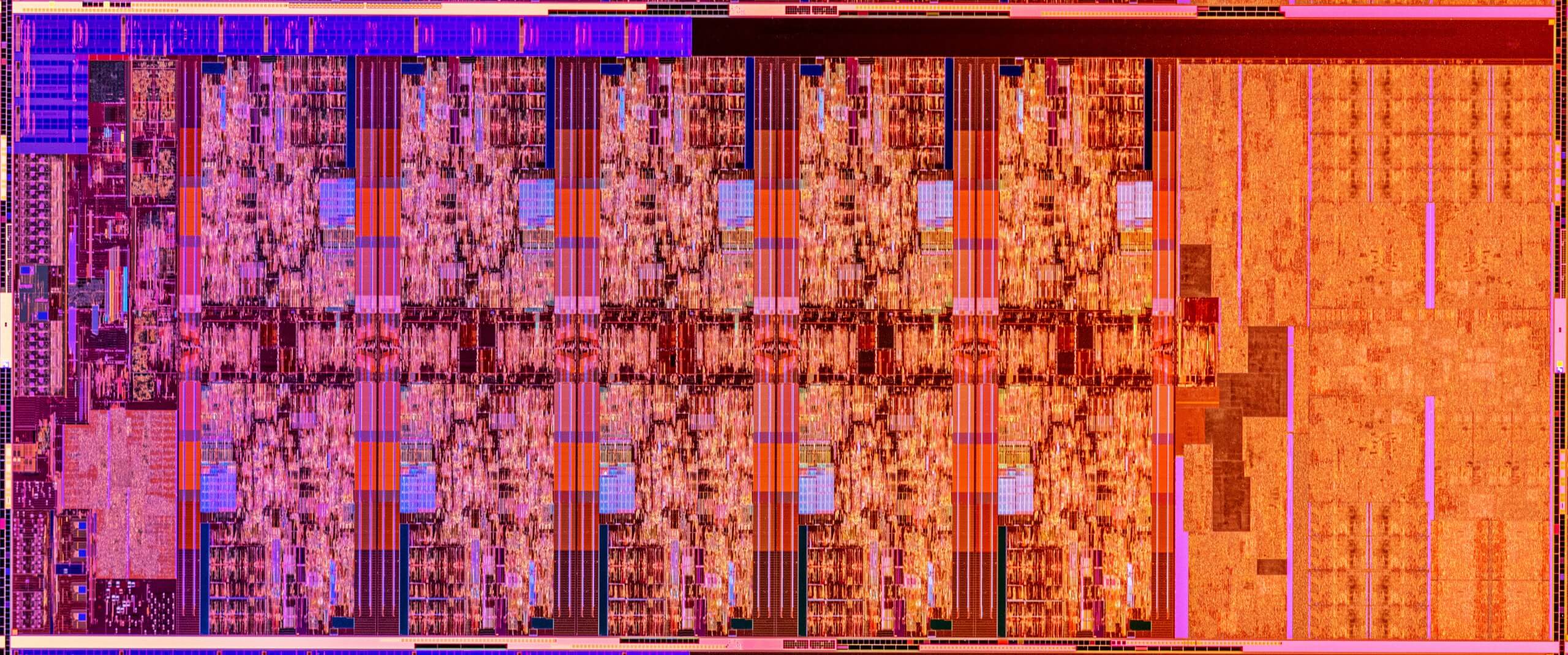In context: Intel scrapped plans to offer PCIe 4.0 support with Comet Lake-S CPUs, opting instead to deliver that with Rocket Lake in 2021. Now we know that this won't come with the need for a different motherboard, which clears some of the confusion associated with manufacturers describing some of their Z490 motherboards as "PCIe 4.0 ready."

Intel's latest 10th generation Comet Lake-S CPUs are going to be rather power-hungry, especially at the high end. And since they require a new, LGA 1200 socket, gamers and enthusiasts will want to pair these with Z490 motherboards, which are going to be expensive in all but their most modest incarnations.
Z490 motherboards bring with them a number of new features, most notably support for PCIe 4.0 and much improved wired and wireless networking chipsets, depending on model. Some of them will run you north of $700, so the obvious question on everyone's mind is: Will these motherboards support Intel's next generation CPUs which are slated for a 2021 launch? The answer is yes. At least 11th-gen Rocket Lake S support is apparently guaranteed.
Gigabyte recently confirmed this during its latest Aorus Direct livestream. For those of you who like future-proofing your build as much as possible, knowing that Z490 motherboards will support Rocket Lake processors can certainly offer some peace of mind. AMD has had a ton of success with this strategy with Ryzen and the AM4 socket.
For those unaware, Intel didn't bake in PCIe 4.0 support into the Z490 chipset or Comet Lake CPUs that you'll be able to buy this year. And while graphics cards aren't even touching the limits of PCIe 3.0, it's a different story if you're interested in taking advantage of PCIe 4.0 SSDs.
The next-gen Rocket Lake CPUs will come with 20 PCIe 4.0 lanes, which is why manufacturers like Gigabyte are touting support for that in their marketing materials. It's worth noting that the Gigabyte rep that confirmed the support for Rocket Lake in Z490 motherboards was hesitant about giving out the information, which suggests that Intel may not have wanted to reveal this at this point.
https://www.techspot.com/news/85070-gigabyte-intel-z490-motherboards-support-11th-gen-core.html
